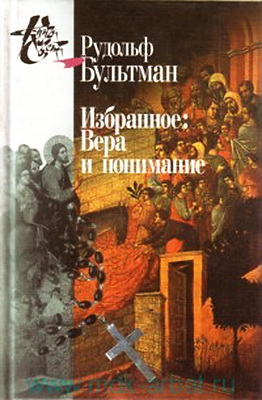
Parrinder - Routledge Dictionary of Religious and Spiritual Quotations - модуль BibleQuote
Geoffrey Parrinder - Routledge Dictionary of Religious and Spiritual Quotations
New York, NY: Routledge, 2005. – 236 p.
ISBN 978-1138158306
Religious literature is the most extensive in the world, going back over more than three millennia. It would be impossible to include all important statements in a book of 3, 000 quotations, even if it were limited to the Judeo-Christian tradition. The Oxford Dictionary of Quotations has over 2, 000 reference from the Bible alone, including the Psalms from the Book of Common Prayer.
This dictionary aims at being comprehensive and selective, ancient and modern. In these days there is a wider knowledge of many religions, east and west, than ever before and it would be parochial to ignore the great religious literatures of Asia, though reference depends upon translations and availability. But free use has been made of the Koran and other Islamic writings, Zoroastrian Gathas, Hindu Vedas, Upanishads and Bhagavad Gita, Sikh Adi Granth, Buddhist Dhammapada and Nikayas, and Chinese Tao Te Ching and Confucian Analects.
It will be seen that the material has not been arranged alphabetically, by author or subject, but under 177 topic headings arranged under 18 section headings, with illustrations from major traditions and later writers. Here the Bible presents a peculiar problem. Its contributions, if fully used, would far outweigh all the rest, because of its familiarity and diversity. So the solution adopted has been to select under nearly every heading only one quotation from the Hebrew Bible (Old Testament) and one from the New Testament. That many other appropriate biblical texts might have been included is obvious, but they would have swamped the book and destroyed its balance. There are plenty of Bible concordances and reference books available if there is need to track down a half-remembered verse, but under the topics listed here simply specimen texts are given. Quotations are from the Authorized (King James) Version, as familiar, memorable and the best English, with occasional use of the Revised Version (RV) or Revised Standard Version (RSV).
Frequent quotation is made from the Jewish Mishnah, the basis of the Talmud, and from the Koran whose breadth of interest is noteworthy, and then there are many quotations from Christian and other writers, old and new. English literature has been widely drawn on and the most quoted author, Shakespeare, if not narrowly religious, is profound and memorable. Religion, as the first topic xiv reveals, can be defined in many and even contradictory ways and here the broadest definitions are followed, the ideas and ideals which guide life.
Many modern writers are included, theologians and anthropologists, novelists and poets, believers and sceptics. Even in our own time there is such a vast array of religious reference that no volume could hope to be all-inclusive.
* * *
PRAYER FOR THE DEAD
1. If he were not expecting that they that had fallen would rise again, it were superfluous and idle to pray for the dead. 2 Maccabees, 12, 44
2. What shall they do which are baptized for the dead, if the dead rise not at all? 1 Corinthians, 15, 29
3. When the Negus died he prayed over him and begged that his sins might be forgiven. Ibn Ishaq, Life of the Apostle of God (8th century)
4. We approve of almsgiving on behalf of the Muslim dead, and of prayer for them, and we believe that God benefits them thereby. Al-Ash’ari, Ib na, 48 (10th century)
5. Famed is this rite for the dead, called the sacrifice sacred to the ancestors, and performed on the day of the new moon. Laws of Manu, III, 127
6. Someone asked for an explanation of the Ancestral Sacrifice. The Master said, I do not know. Anyone who knew the explanation could deal with all things under Heaven as easily as I lay this here; and he lay his finger upon the palm of his hand. Confucius, Analects, III, 11
7. The practice of the Church in interceding for them [the Departed] at the Celebration of the Eucharist is so general and so ancient, that it cannot be thought to have come in upon imposture. Herbert Thorndike, Just Weights and Measures (1662)
8. Lord God of mercies, grant to the souls of all thy servants a place of cool repose, the blessedness of quiet, the brightness of light: through our Lord. Roman Missal, Second Collect for All Souls’ Day
9. Lord of the living and dead; give to the living mercy and grace; to the dead, rest and light perpetual. The Methodist Service Book (1975)
10. Fare well my dear child and pray for me, and I shall for you and all your friends that we may merrily meet in heaven. Thomas More, last letter to his daughter Margaret Roper, 5 July 1535. He was executed next morning
11. I kept this day as the anniversary of my Tetty’s death, with prayer and tears in the morning. In the evening, I prayed for her, conditionally if it were lawful… O Lord, so far as it may be lawful in me, I commend to thy fatherly goodness the soul of my departed wife; beseeching thee to grant her whatever is best in her present state, and finally to receive her to eternal happiness. Samuel Johnson, in Boswell, Life of Samuel Johnson (28 March 1753)
12. It was so important to think quiet loving thoughts about people in idle moments, especially perhaps about the dead, who being substanceless so desperately need our thoughts. Iris Murdoch, The Sacred and Profane Love Machine (1974)
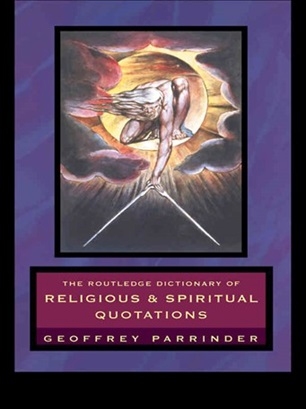
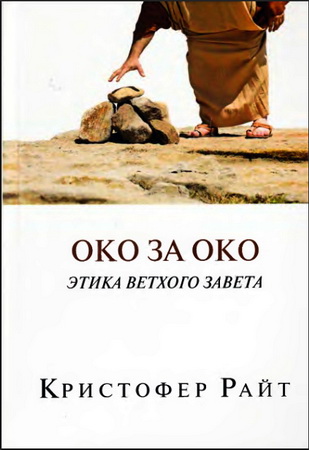
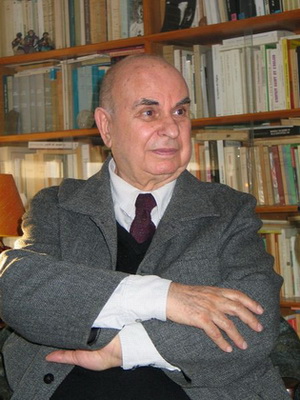

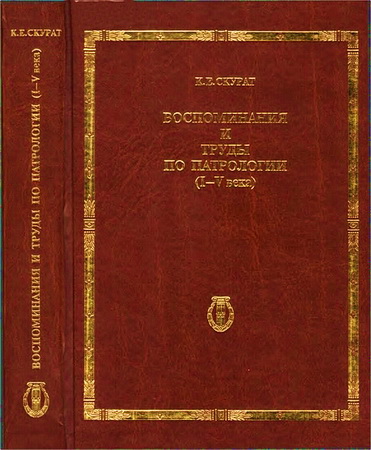
Комментарии
Пока нет комментариев. Будьте первым!